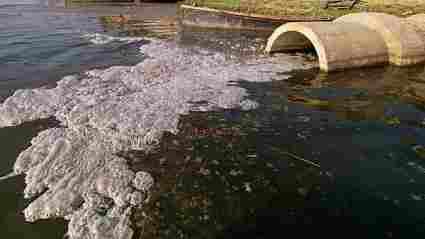The real estate industry produces about 40% of greenhouse gas emissions–more than any other industry
In the past few decades, there’s been a big focus on operational emissions from things like heating & electricity. However, about a third of real estate’s emissions actually come from the materials used in the building (11% of all GHG emissions globally, at the latest estimate). That’s more than flights (2.5%) and the fashion industry (4%) combined, both of which have gotten considerably more attention from the press in recent years.
If that weren’t bad enough, the construction industry also has a huge social impact — and often not for the better. For one thing, many building materials contain toxic chemicals.
Read more on impact of construction industry on the environment.
Now, Tangible, a San Francisco-based startup, aims to combat significant greenhouse gas emissions caused by the construction industry.
To support its efforts, Tangible has secured $3 million in seed funding led by prominent early stage construction technology investor Fundamental, known as a backer of successful startups.
Addressing the lack of standardization and reliable guidelines for carbon reduction, Tangible seeks to redefine sustainable building practices. With this financial growth, the company says it is well positioned to make a significant impact in the industry and pave the way for a greener future.
Nicole Granath, co-founder of Tangible, said: Having led sustainability programs in-house and as consultants, Anne and I saw a huge need for a scalable solution to track, reduce and report embodied carbon. We are excited to launch Tangible for owners and developers who want a comprehensive view of their carbon footprint and where they can reduce carbon dioxide.
Tangible was founded in 2021 in San Francisco by former Harvard University classmates Anneli Tostar and Nicole Granath. The tangible platform is designed to support sustainability and development managers who use it as a tool to discover low-carbon materials.
It allows users to add material to a project and share its impact with stakeholders. It gives developers a picture of all their projects, the materials used and the environmental and health impacts. Real users can also share this information with their clients and investors to show changes on the spot.







